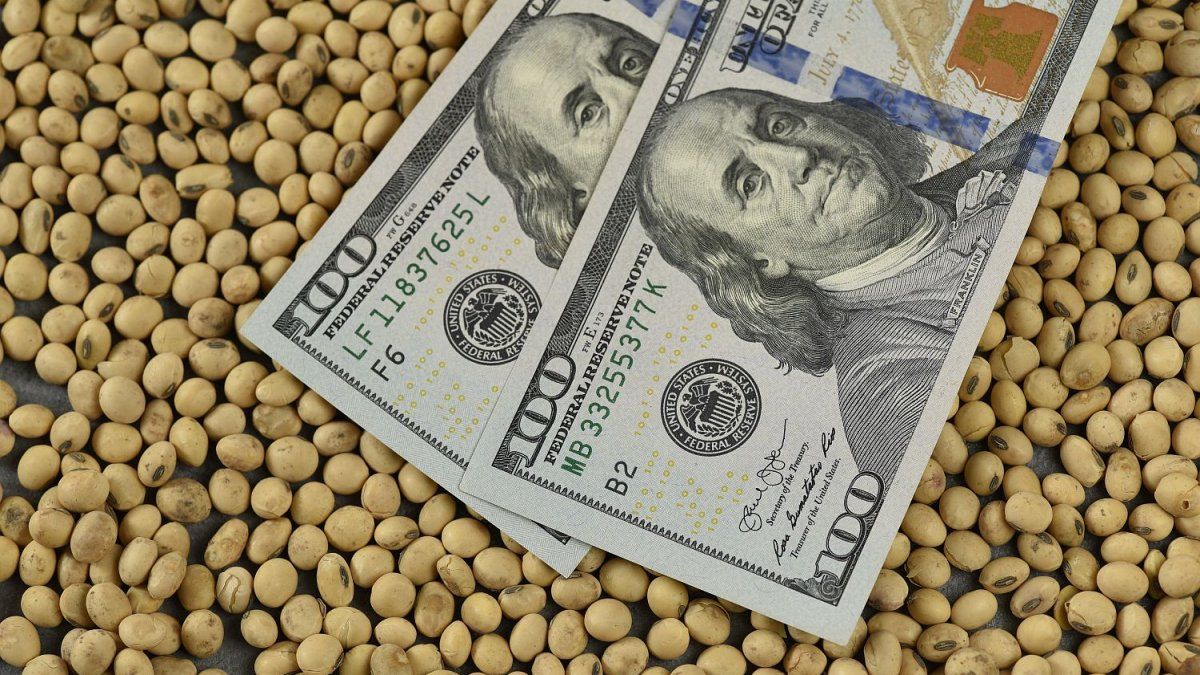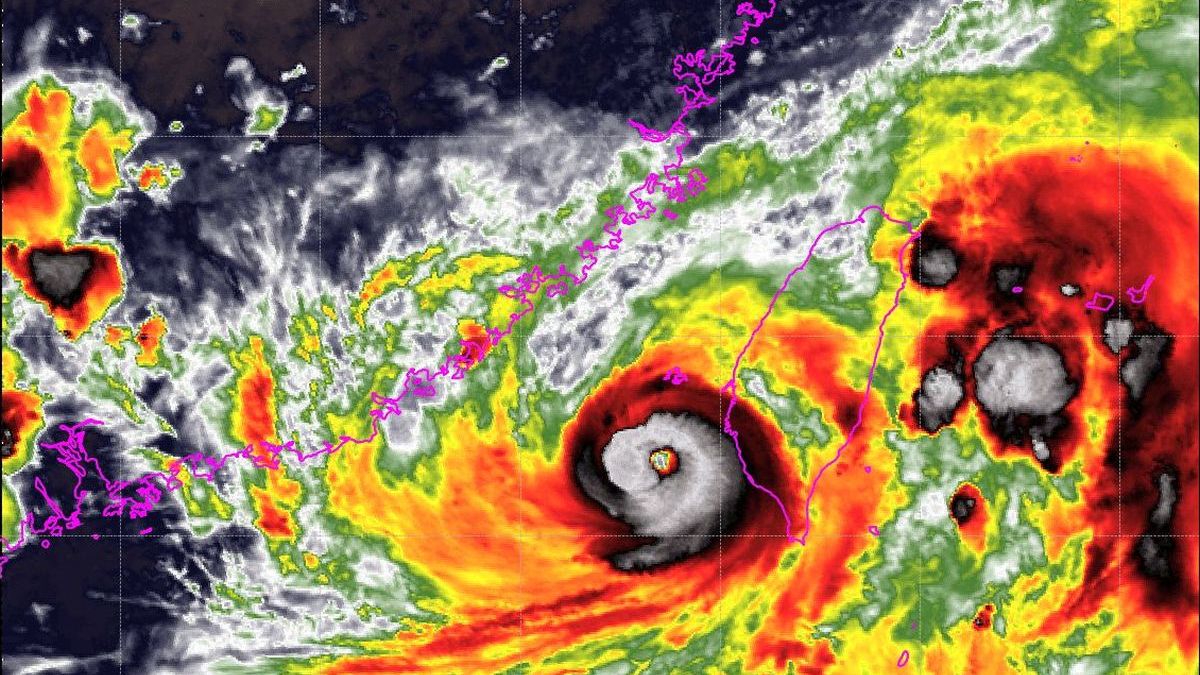The Argentine economic panorama is complex. The abrupt drop in activity and the need to increase the trade balance have turned the Government’s sights on thick crop that is coming, which they hope will boost the reserves of the Central Bank (BCRA).
The latest rains improved soybean conditions, and the Rosario Stock Exchange (BCR) estimates a production of 50 million tonsan increase of 500,000 tons compared to previous evaluations.
Although international prices for soybeans and corn have experienced increases in recent days, They are still below the values of three months ago. In this sense, and despite the encouraging forecasts, a crucial problem arises: producers do not guarantee a significant increase in exports.
Once again, the debate focuses on a recurring theme since the previous government: the value of the dollar that farmers receivethey insist, it does not convince them.
The problem in sight
The field is not convinced that the exchange rate is attractive to liquidate the harvest, which could generate a new bid with the Government.
Thus, with the upper hand, agriculture is waiting for what the Government decides on the official exchange rate, because despite the good harvest that is coming and the Government’s enthusiasm for being able to count on dollars to alleviate the official coffers, There is a parallel reality about what agro-exporters expect.
This could trigger a new bid for the Government with one of the most preponderant sectors of the national economy, since it seems that they have no incentive to settle under the official exchange rate that governs today.
In that sense, the question arises if there will be some type of differential exchange rate, since with the need to accumulate reserves and obtain dollars and given the refusal of agro-exporters to liquidate, one might think.
However, according to Government statements, the reintroduction of a differential dollar for the agricultural sector is completely ruled out. This mechanism, which had various iterations during Sergio Massa’s management in Economy, seems not to align with the objective of achieving a zero deficit under the presidency of Javier Milei. This is because any type of special contribution would continue to be subsidized, which has monetary emission implications.
Source: Ambito




